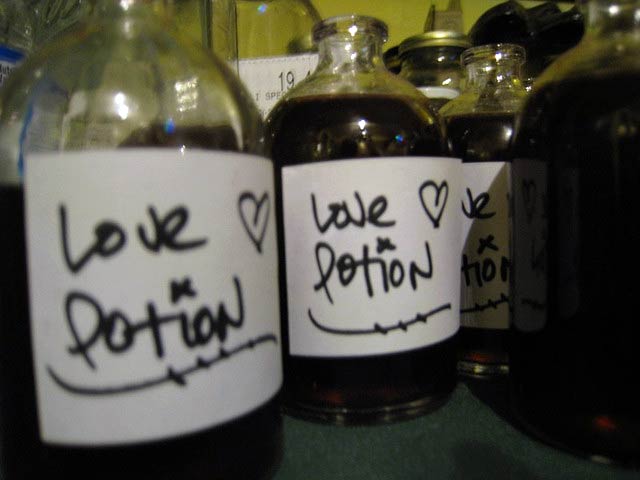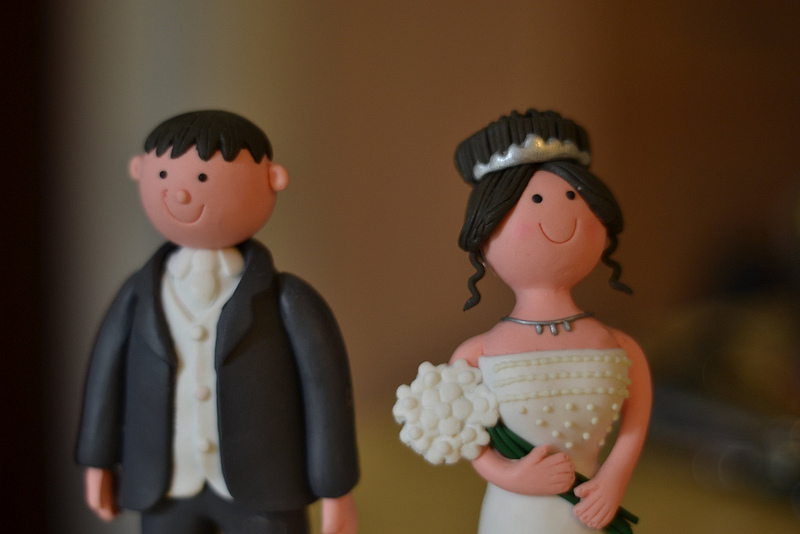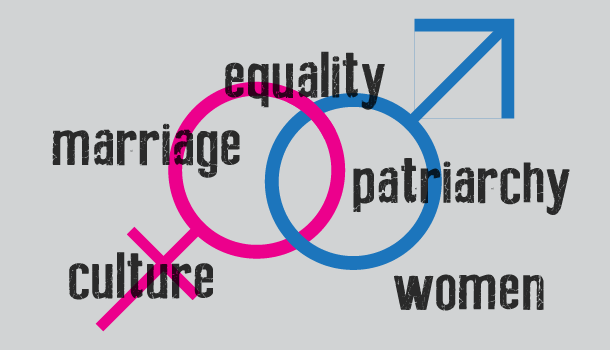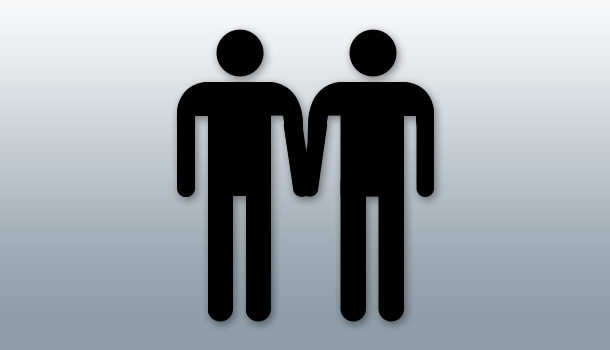
I’ve gotten used to being invisible.
At night I go out almost as pretty as I may appear in pictures and as I watch people drinking, flirting, exchanging numbers and agreeing to meet up soon, I feel a strange loss of corporeality when my self-possessed smiles and quick rejoinders are met with nervous laughter and clumsy goodbyes as men begin to look through and beyond me.
At something simpler, intrinsically sexier and over my shoulder.
For me this is nothing new.
I’m a 29-year-old black woman and I’ve never been asked out on a date or for my number in any way that would suggest the slightest view towards twin tombstones.
My black and white male friends tell me it’s because I’m too intimidating when reduced to a bullet point list.
I’m passably pretty. I have a great job. I’m affable, educated and articulate. I live in a swank apartment, my sexual reputation is squeaky clean and I’ve recently taken a shine to flying across the world to eat, explore and be mute in monasteries.
Even more repulsive is the fact that I speak a little too well, white, meaningfully and much. Couple this with the ability to afford my own hair, home and gambols across the globe and the reality is that while I’m obviously “a catch,” I’m also the least desirable fish in the sea.
To many white men who date black women, women like me are a little too white.
We’re great for pulling up with at parties and talking to until the wee hours but as a fleeting fancy once told me: White men want their black women ‘black’.
They want them with ‘political hair’, ostensibly insatiable pussies and with just enough Africa in their accent to remind the rabble that they’re profoundly progressive.
Then, of course, there’s the sex. And the hypersexualisation that precedes it.
Reduced to forbidden fruit, blowjob lips, bouncy buttocks and thick thighs in film, literature and life, many black women are approached by white men with largely erotic expectation who will generally skip what appears to be an open mind above closed legs.
After all, what’s the point of dating a black woman if you can’t talk about her stereotype-supporting abandon in bed? If you can’t salaciously suggest that she’s a lady in the streets but a freak in the sheets to all your high-fiving friends who know her kinky hair mirroring kinky ways will never meet your mother?
To plenty of black men, black women like me are whole other bag of bad news.
Many have grown up in households were men rule the roost and women work at cooking, cleaning or killing time at a job that pays just enough for them to remain compliant.
So black women like me – black women with our own money, our mouths and our minds – we’re erudite abominations. We’re traitors of tradition and pariahs of our place which is no further than somewhere far below a man by the simple virtue of him being one.
Lucky for them, there are black women in abundance.
Women who like being kept in clothing and under the thumb and these women will do until they don’t. Until they demand one too many weaves and shopping sprees, the feeling of being used becomes mutual and jaded black men dismiss assorted black women as being gold-diggers by nature, if not harpies and whores.
The irony is that while they complain, cuss and call us all names, most black men would never date black women like me.
Not when we’re unperturbed by the threat of unpaid bills and unkempt weaves so we’ll be swift to leave liars, beaters or cheats.
When we don’t sleep around and they can’t call us sluts because the pot is only as free as the kettle.
When we maintain ourselves just as highly as we please and speak up and out about double standards, patriarchy and the misogyny inherent in ‘our place’.
When they insist that we deserve better, swear they’re unworthy and they can never see their way to stepping up to the challenge.
When we’re not angry, slutty or anything else allegedly innate in being female and black and walk a strange and steadfast line as neither Sapphire nor Jezebel.
Though they’re quick to lament black women’s so-called superficiality and lack of intellect, most black men would never date black women like me.
Not when we can hold our own in all kinds of conversation as we jump through educational and professional hoops to get beyond our caricatures and our kin.
Not when we aren’t impressed by a string of baby mamas waiting in the wings with children who will only half know their grudging fathers balanced precariously on their infuriated hips.
Not when everything we’ve worked hard at is seen as a minus on some lazy list because most middle-class black men would rather be a part of something limping and loose than take a chance at dating an equal who is willing and able to share their bills, their lives, their torments and their triumphs.
Not when most black men would rather ignore successful black women entirely than be bothered to take an interest in a black damsel who is not in distress.
When, much like them, we want to chase our dreams and pursue our talents as far and as wide as they may take us because we’ve been given an opportunity denied to an African many.
When we’re a little occupied and exhausted because every day is a clash; a fight fraught with defying stereotypes and making the world more accepting of ambitious black women through sheer necessity and precedent. Though, the reward is as pyrrhic as: you’re too good, you’re too talented, walk alone.
Not when they assume our Western-style accomplishments dictate that we don’t date black men but the reality is no man has ever actually asked.
At least not me.
Except one.
Aptly, a man named Courage. A local comedian who grins at me from the stage at a Valentine’s Day-themed comedy show at Jojo’s Music and Arts Café and doesn’t invite me out but asks:
“Martha, why are you still single?”
It’s a good question and just facetious enough to make everybody laugh.
They do.
And I don’t blame them.
On paper, I’m “a catch“.
But my love life’s a joke.
Martha Mukaiwa is a freelance arts, entertainment and travel writer as well as a weekly columnist living in Windhoek, Namibia in-between short, spirited sojourns in South East Asia. She is an avid coffee drinker, spring cleaner and cinephile with a love for all things hobo and happening. Follow her on Twitter: @marth__vader







